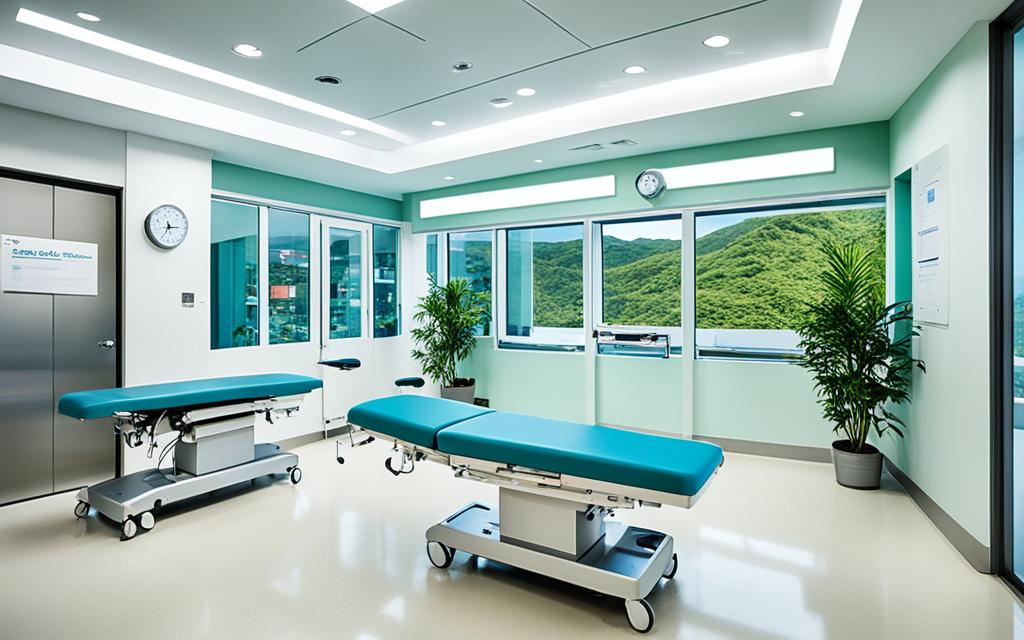A Critical Juncture for Costa Rican Healthcare
In the lush landscapes of Costa Rica, a standoff simmers not amidst its famed volcanoes but within the corridors of its healthcare system. Since July 18, 2023, the National Union of Specialist Doctors (Siname) has escalated a movement that sees many refusing to work overtime and on-call shifts. This drastic measure aims to pressure the Costa Rican Social Security Fund (CCSS) for better working conditions, spotlighting a growing concern over the migration of medical specialists to private practices.
The Consequences of Protest
The ramifications of this protest were starkly illuminated on Monday, April 1, when the Calderón Guardia Hospital in San José reported a missed opportunity to harvest organs from two potential cadaver donors due to the absence of anesthesiologists and surgeons. This incident underscored the dire implications for the organ donation and transplant program, an essential service of the CCSS now at the brink of jeopardy.
A System Under Siege
With 3,906 specialists on its payroll and an estimated 2,500 (64%) abstaining from extra hours as per the union’s reports, the healthcare system faces unprecedented strain. This surge of absenteeism not only jeopardizes patient care but also thrusts organ donation and transplant procedures into uncertainty. The absence of key surgical staff after regular hours, when most transplant operations occur, hints at a looming healthcare crisis with potential loss of lives.
The Ripple Effects
Hospitals across the transplant network, including major medical centers in the capital and beyond, grapple with the scarcity of anesthesiologists and surgeons. This shortage threatens the lifeline of up to seven individuals who could benefit from a single cadaver donor, underscoring the gravity of the situation.
A Judicial Response
In a bid to halt the protest deemed a “tacit strike” by the CCSS, a provisional measure was sought from the Work Court of the First Judicial Circuit of San José. The healthcare institution’s plea highlights the “grave harm to health” faced by citizens, marking a pivotal moment in the ongoing struggle for equilibrium between healthcare worker demands and patient care needs.
Looking Forward
Amidst this upheaval, discussions between Siname and the CCSS board are anticipated, with hopes of addressing the specialists’ demands for improved remuneration and working conditions. Yet, the broader impact looms large over patients awaiting transplants and their families, with organizations expressing deep concern over the potential for missed life-saving opportunities.
A Plea for Resolution
As the healthcare system teeters on the edge, the call for a solution grows louder. Adjusting transplant procedures to standard working hours is considered, but the risk of losing vital organs outside these times remains a harrowing prospect. With temporary suspension of medical availabilities for transplants during the protest, the question of equitable access to transplantation emerges, hinging on the management and commitment of hospital administrations.
A Healthcare System in Balance
The protest not only tests the resilience of Costa Rica’s healthcare system but also lays bare the intricate balance between worker rights and patient care. As negotiations continue and the healthcare community watches with bated breath, the enduring hope is for a resolution that honors the dedication of its medical specialists while safeguarding the lives dependent on their care.

